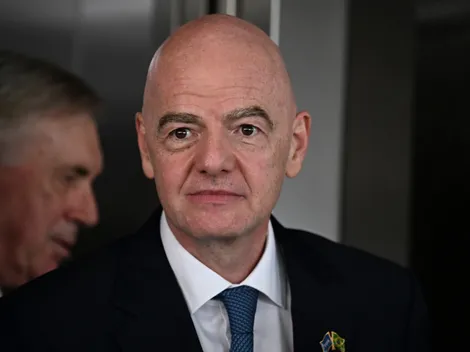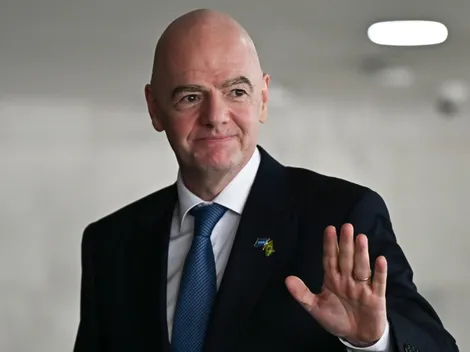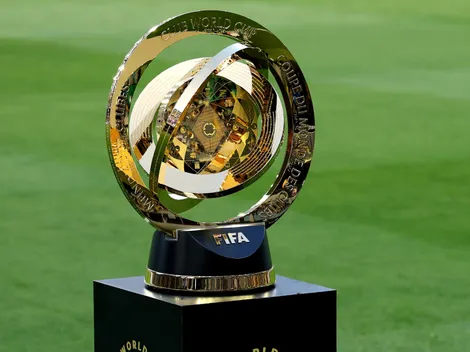With the 2026 World Cup on the horizon, FIFA has already confirmed that the 2030 edition will be hosted for the first time by six countries in three different continents. It will be held in Spain, Portugal and Morocco, with one-off matches set to be hosted in Argentina, Uruguay and Paraguay to celebrate the centenary of the tournament.
FIFA President Gianni Infantino announced the decision on Wednesday following a virtual extraordinary Congress. “We are bringing football to more countries and the number of teams has not diluted the quality. It actually enhanced the opportunity,” Infantino said about the 2030 World Cup, according to Reuters.
“What better way to celebrate the 100th anniversary in 2030 than to have the World Cup in six countries, in three continents, with 48 teams and 104 epic matches. The world will stand still and will celebrate the 100 years of the World Cup,” he said.
“Congratulations to all the bidders for putting up a great dossier, but I would like to put on record my big, big thank you to the six confederation presidents and to their teams,” he added.

Argentina will host one of the opening matches of the 2030 World Cup
Uruguay held the first World Cup in 1930. Meanwhile, Argentina, in 1985, and Spain, in 1982, have also staged the tournament. Portugal, Paraguay and Morocco will all be first-time hosts. The majority of the competition will be played in Spain.

see also
FIFA confirms the stadium where Argentina's debut in the 2030 World Cup will be held
Saudi Arabia to host the 2034 World Cup
Four years later, Saudi Arabia is set to host the tournament, becoming the second Middle Eastern country to do so, following Qatar’s organization of the 2022 edition. In 2023, FIFA announced that the 2034 World Cup would take place in either the Asia or Oceania region, with the Asian Football Confederation backing Saudi Arabia’s bid.
As happened with Qatar, the announcement comes with criticism regarding the country’s human rights record, as well as their treatment of women and the LGBTQ+ community. However, Infantino defended the decision as the tournament could “create lasting change.”
“The FIFA World Cup is unique. And it is a unique catalyst as well for positive social change and unity because these tournaments, 2030, the [centenary] celebration, and 2034, they are tournaments to unite not to divide, and, of course, tournaments to discuss, debate and act,” he said.





